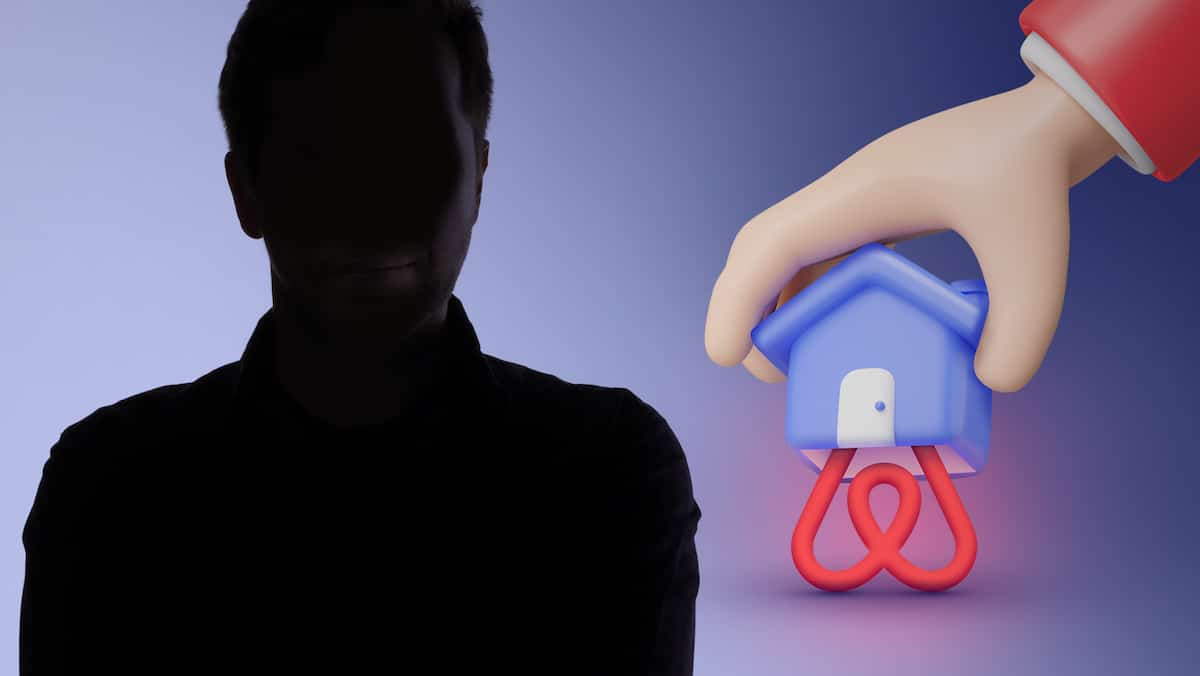More than 80,000 bottles of alcohol were seized in Quebec by police or secretaries at bars and restaurants in 2022, the largest volume on record in the past five years. Journalism. The vast majority of these products, which have been sent to the Société des alcools du Québec (SAQ) warehouses, have been or will be destroyed.
The bankruptcy of establishments, the revocation of liquor licenses, and the lack of stamps on bottles (mandatory for sale in bars and restaurants) are all reasons that could justify forfeiture by police forces or trustees in the event of bankruptcy.
And so, every year, thousands of bottles of wine and other alcoholic beverages are confiscated and then make their way to the SAQ warehouse, which acts as a “guard.” Last year, however, it frustrated all expectations: 84,580 bottles were obtained, according to an interim assessment calculated at the beginning of December, obtained after an access to information request.
Destruction: This is the fate that awaits the majority of these bottles, the company confirms in a document. These will be destroyed in the coming months or years, depending on when the judgment is rendered.

At the Association Restauration Québec (ARQ), Vice President of Public and Government Affairs Martin Vezina had a hard time explaining why the “harvest” was plentiful in 2022, adding in the process that the number of bankruptcies was not. exploded last year. “Maybe there were too many seal errors,” he says. After the epidemic, the police may have returned to the traditional method of inspection. »
What happens to bottles that are not destroyed? “If the products come from a trustee and are fit for consumption, they can be returned to our branch network, according to the document provided by Crown. Under no circumstances are bottles presented to SAQ to employees or consumed by them.”
wrappers
It’s not just seizures that lead to bottle destruction in Quebec. Private import agencies, whose products must be stored in SAQ warehouses, have 211 days to sell them. If the bottles are not sold within this period, SAQ can legally take them back. Some are full to their contents, yet will go the recycling route.
That’s what happened to the 1,200 cases of alcohol, or 14,400 bottles, that were recovered by SAQ for the period March 13, 2020, to December, 2022. Of that number, 700 bottles have already been destroyed, worth $20,491. State monopoly.
The bottles were destroyed by an independent company.
At SAQ, we always strive to reduce our environmental footprint as much as possible, which is why these products are sent directly to the specialist recycling company that processes the alcoholic beverages.
Genevieve Cormier, SAQ spokesperson
Expired or defective products are also disposed of. “Most of the products that are destroyed are ready to drink, given that they are fit for consumption over a shorter period and that the agencies bear the costs related to the destruction,” explains the spokesperson.
Unlike shifts, Crown employees can purchase unsold bottles that don’t turn to dust. All funds generated from these sales are donated to the Entraide organization M confirms.I Cormier.
Clear rules
In Quebec, in practice, no “private import” agency actually imports alcohol. It is the SAQ that pays the winemaker and handles transportation of the bottles (with some exceptions, in some countries) from the place of production to their warehouse in Quebec.
Wine (or any other type of alcohol) from this private import agency can be found on the shelves of SAQ branches, in restaurants, or sold directly to the agency’s clients. If, for whatever reason, an agent cannot sell his wine within the regulatory deadlines, he has the possibility to buy back his merchandise to prevent it from being bombed. However, if she did, he wouldn’t be able to sell it legally.
This situation is not common. But here it is: The pandemic has shaken up the alcohol business in recent years. Restaurants closed, then reopened, then closed again. Private import agencies with restaurants as their main clients had to revise their business model or, at least, their planning.
Many also had to deal with delivery times that were difficult to manage. SAQ gave agencies a grace period, due to these exceptional circumstances, but now applies the usual rules that also provide for additional costs after 150 days of storage, costs that have more than tripled in 2021.
Since last spring, though, there’s been a traffic jam at SAQ’s warehouses, with shelves filling up. And so some agencies found themselves stuck, with no inventory and no possibility of ordering new merchandise since SAQ’s maximum warehousing capacity had been reached. Some are still in this position.
Relations between the agencies and the SAQ are sometimes strained, and in general, the level of satisfaction is low. According to a survey conducted last summer among its partners, including private import agencies, SAQ did not receive a passing mark for any of the criteria assessed, receiving a score of 47% for working relationship and 54% for leadership and communication. This gives it an overall satisfaction rating of 53% of the agents for whom it is a mandatory business partner.
The state monopoly refused to give it up Journalism Details of this survey and all agencies contacted regarding this story declined to speak publicly.
In association with William Leclerc, Journalism

“Music guru. Incurable web practitioner. Thinker. Lifelong zombie junkie. Tv buff. Typical organizer. Evil beer scholar.”







